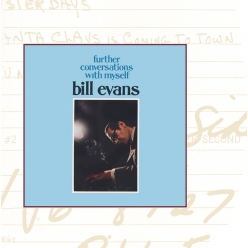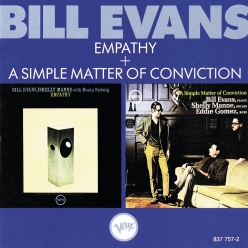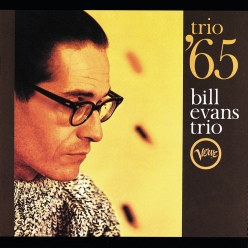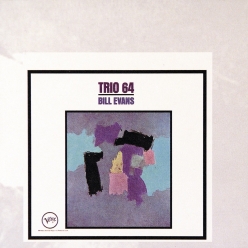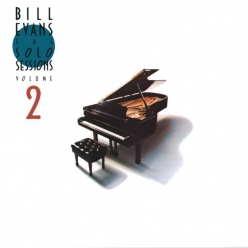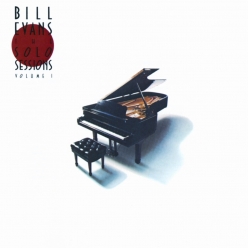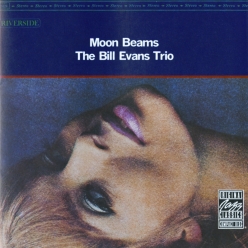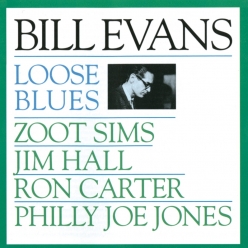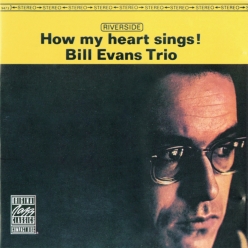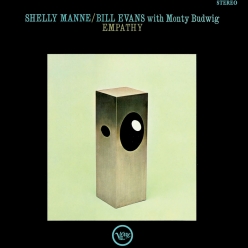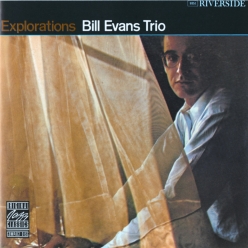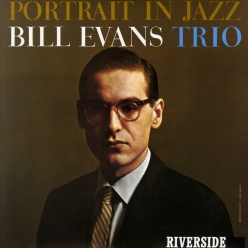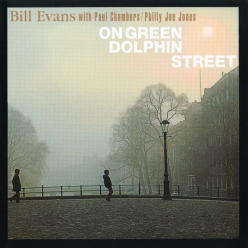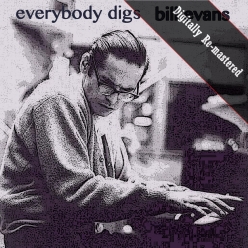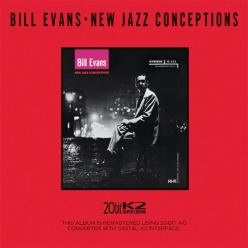Biography
William John Evans ( /ˈɛvəns/, August 16, 1929 – September 15, 1980) was an American jazz pianist and composer who mostly worked in a trio setting. Evans' use of impressionist harmony, inventive interpretation of traditional jazz repertoire, block chords, and trademark rhythmically independent, "singing" melodic lines continue to influence jazz pianists today.
Born in Plainfield, New Jersey, in 1929, he was classically trained, and studied at Southeastern Louisiana University and the Mannes School of Music, where he majored in composition and received the Artist Diploma. In 1955, he moved to New York City, where he worked with bandleader and theorist George Russell. In 1958, Evans joined Miles Davis's sextet, where he was to have a profound influence. In 1959, the band, then immersed in modal jazz, recorded Kind of Blue, the best-selling jazz album of all time. During that time, Evans was also playing with Chet Baker for the album Chet.
In late 1959, Evans left the Miles Davis band and began his career as a leader, with bassist Scott LaFaro and drummer Paul Motian, a group now regarded as a seminal modern jazz trio. In 1961, ten days after recording the highly acclaimed Sunday at the Village Vanguard and Waltz for Debby albums, LaFaro died in a car accident. After months of seclusion, Evans re-emerged with a new trio, featuring bassist Chuck Israels.
In 1963, Evans recorded Conversations with Myself, an innovative solo album using the unconventional (in jazz solo recordings) technique of overdubbing over himself. In 1966, he met bassist Eddie Gómez, with whom he would work for eleven years. Many successful albums followed, in trio, duo, and solo settings, such as Bill Evans at the Montreux Jazz Festival, Alone, and The Bill Evans Album, among others.
Many of Evans's compositions, such as "Waltz for Debby", have become standards and have been played and recorded by many artists. Evans was honored with 31 Grammy nominations and seven awards and was inducted into the Down Beat Jazz Hall of Fame.



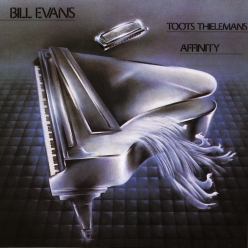
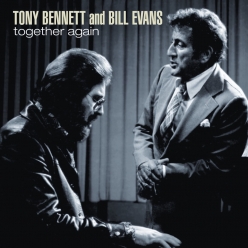



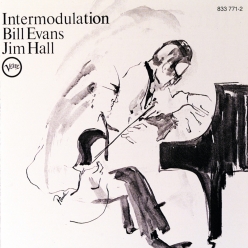

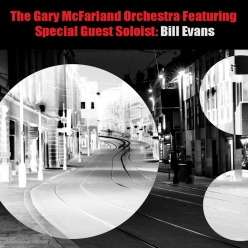
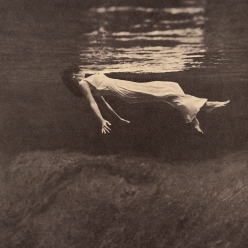
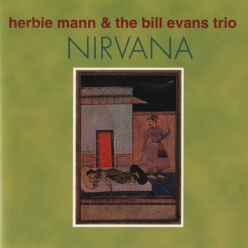
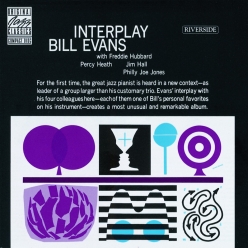
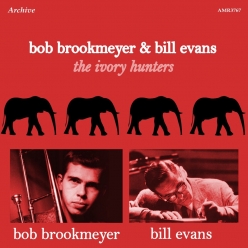

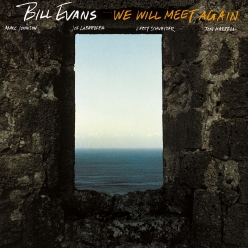
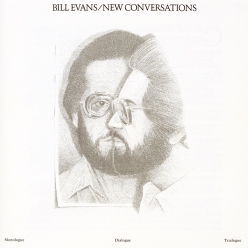
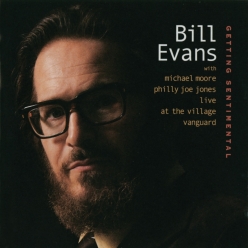
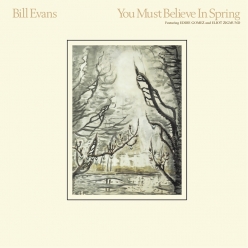
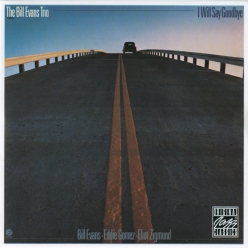
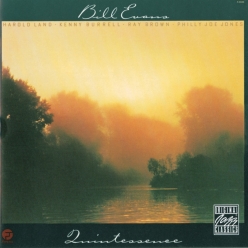
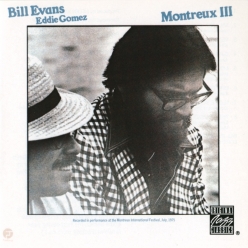
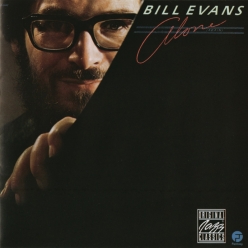
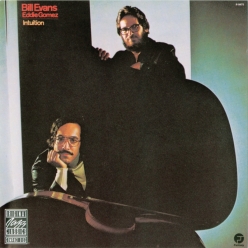
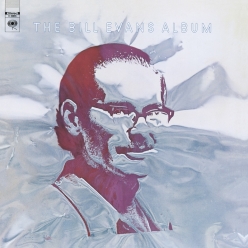
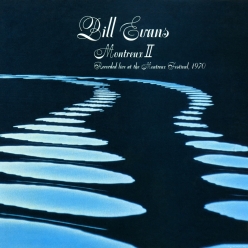
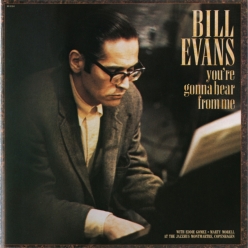
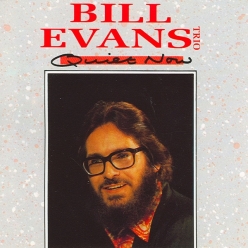
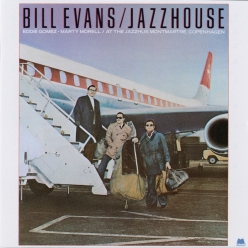
-1187547829-248x248.jpg)
